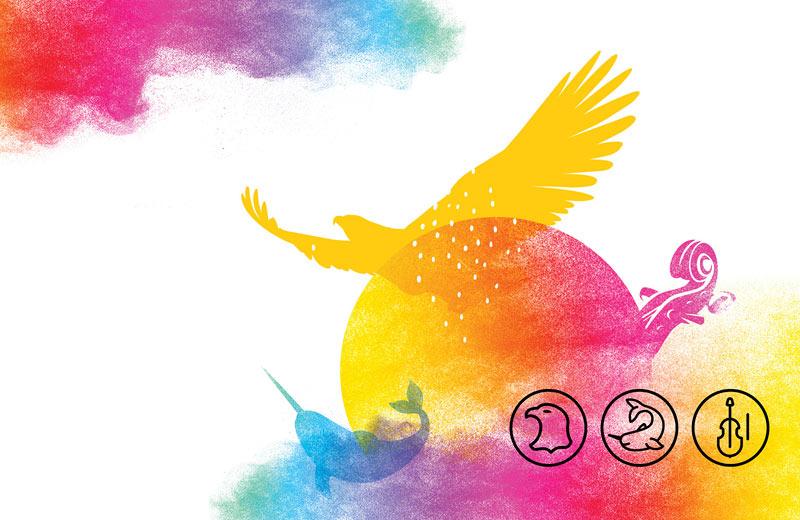June is National Indigenous History Month. This is a time for all Canadians – Indigenous, non-Indigenous, and newcomers – to reflect on and celebrate the history, heritage, and diversity of First Nations, Inuit, and Métis Peoples in Canada.
June 2, 2021 also marked the sixth anniversary of the release of the Truth and Reconciliation Commission of Canada (TRC) 94 Calls to Action.
The TRC was established as part of the Indian Residential Schools (IRS) Settlement Agreement in 2007, which settled the largest class-action lawsuit in Canada’s history launched by several thousand survivors of the IRS. The mandate of the TRC was to inform all Canadians about what happened in the Residential School system. To this end, the Commission spent six years travelling to all parts of Canada documenting the truth of survivors, families, communities and anyone personally affected by the IRS experience. One of the key findings of the Commission was that the residential school system facilitated cultural genocide.
In 2015, the TRC released its 6-volume Final Report. The report is a comprehensive record of the policies and operations of the residential schools, the work of the TRC, what the Commission heard from over 6,000 witnesses, and conclusions regarding the residential schools. The report includes 94 Calls to Action which provide a roadmap toward Reconciliation in Canada.
One of the many ways to recognize and honour National Indigenous History Month is to review the TRC and 94 Calls to Action. The Calls are grouped in a range of categories including: child welfare, education, language and culture, health, and justice.
In addition, you can visit the Celebrating National Indigenous History Month webpage to access free e-books, listen to descriptive storytelling through podcasts and audio clips, watch free movies and visuals produced by Indigenous artists, and download crafts and multi-media activities for the whole family.
Resources to learn, reflect and celebrate Indigenous history
First Nations, Inuit, and Métis organizations across the country also provide resources to help learn about, reflect on and celebrate Indigenous history. It’s important to remember that First Nations, Inuit, and Métis Peoples share many similarities, but they each have their own distinct heritage, language, cultural practices, worldview, and spiritual beliefs.
Additional resources can be found at the following:
- Assembly of First Nations
- First Nations Health Authority
- Inuit Tapiriit Kanatami
- Métis Nation BC
- National Collaborating Centre for Indigenous Health
Support is available
Support is available for anyone affected by their experience at residential schools.
- A national Indian Residential School Crisis Line has been set up to provide support for former students and those affected. People can access emotional and crisis referral services by calling the 24-hour national crisis line: 1-866-925-4419.
- The KUU-US Crisis Line Society provides a First Nations and Indigenous specific crisis line available 24 hours a day, seven days a week, toll-free from anywhere in British Columbia. The KUU-US Crisis Line can be reached toll-free at 1-800-588-8717 or online.
- The Northern BC Crisis Line offers 24/7 support across the NH region, and can be reached at 1-888-562-1214.














Comments